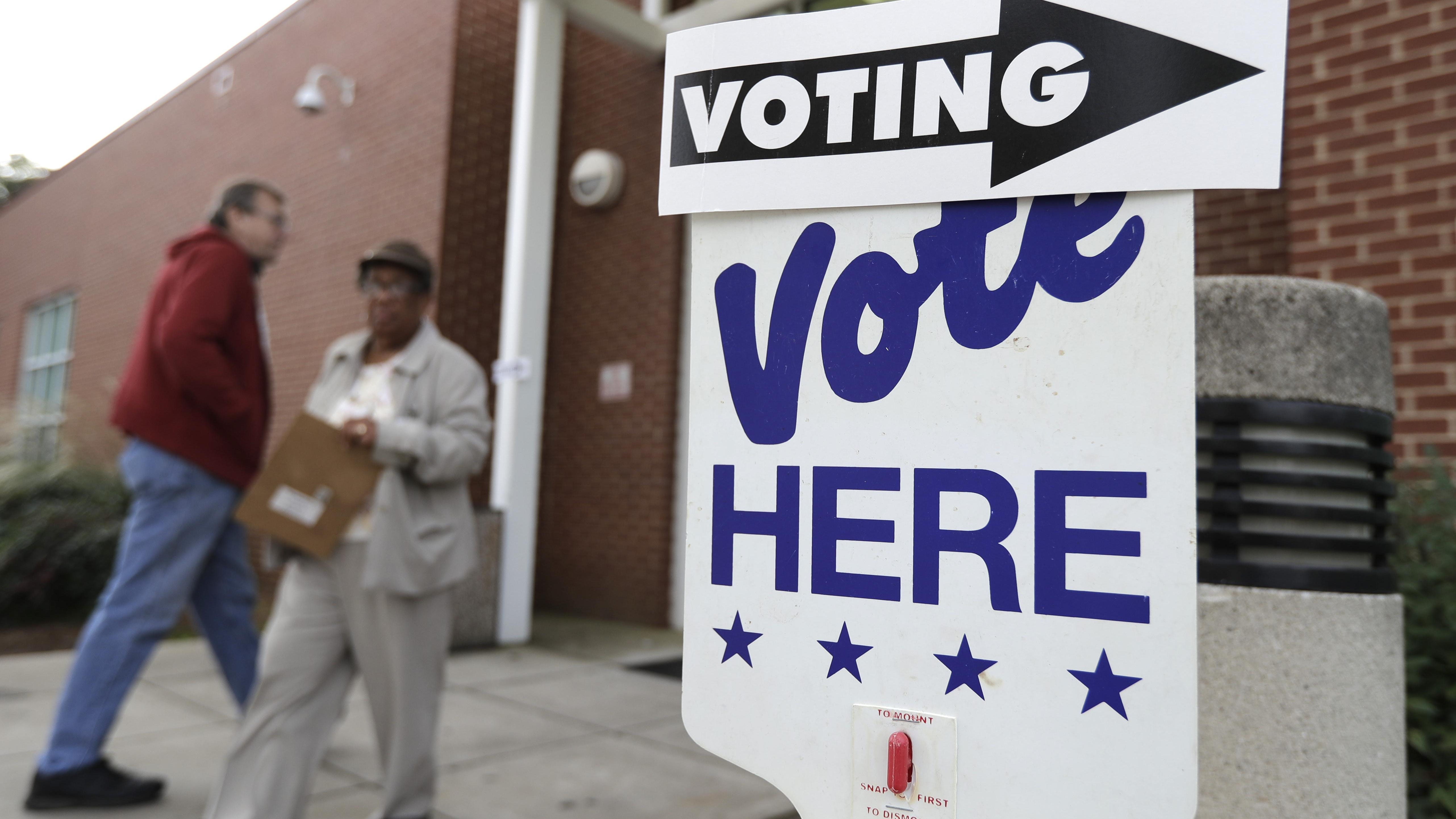Finley and Jacques: Beware of riding the wave

Wave elections can be dangerous. Using the ballot box to make wholesale changes in the political leadership may get rid of some scoundrels, but it also tends to take out a lot of good guys.
That happened in 2010 in Michigan when voters swept the political ranks nearly clean of Democrats. Some decent public servants fell victim that year to the Republican rage against Barack Obama, such as northern Michigan Congressman Bart Stupak.
It may happen again Tuesday as voters determined to punish President Donald Trump seem poised to chase Republicans out of office. But consider the consequences of casting a de facto straight ticket ballot against the entire GOP slate.
Changing personalities inevitably means changing policies. Gov. Rick Snyder has spent the past eight years working with a Republican Legislature — and at times battling with it — to put in place reforms that turned around Michigan at an amazingly fast pace.
He also set up Michigan for the future, with plans to pay down long term debt and retrain the workforce.
Will those initiatives survive a major ideological shift in Lansing? Remember, Democrats fought most of the tax, regulatory and spending reforms Snyder championed. Based on the results — a growing economy, more jobs and higher incomes — Snyder was right.
In punishing Trump and his backers, voters must take care not to punish themselves.
Down the ballot, voters should make individual choices, rather than cast a straight ticket.
The congressional ballot, for instance, features incumbents in a number of very tight races.
Michigan's congressional delegation is already waning in influence, with the departure of Sandy Levin, Dave Trott and John Conyers. Sending even more freshmen to Washington could further erode the delegation's clout in the House.
A loss of Fred Upton, for example, a west Michigan Republican facing a tough re-election challenge, would cheat the state of a high-ranking member and strong moderate voice who has diligently practiced bipartisanship. And Mike Bishop is emerging as an important figure in the Republican caucus.
Maintaining partisan balance is also important in certain places.
It's taken a long time, but most education boards in Michigan now have at least some Republican representation.
While not in the majority on any of the boards, they at least provide a counterbalance to the influence of labor unions and the education establishment that tend to bankroll the campaigns of Democratic members.
All of the seats up for grabs on university boards and the state Board of Education currently are held by Republicans.
Returning the boards to nearly unanimous Democratic control would mean the loss of highly skilled trustees, such as the University of Michigan's Andrea Fischer Newman, who has held the line against unchecked tuition hikes, and David Nicholson, who's brought solid business principles to the Wayne State University board.
Michigan is a politically divided state. It works best when its political leaders reflect that diversity of viewpoints.
Making a statement of discontent at the ballot box can be a worthy endeavor. But that vote should be cast with caution, and with an awareness of the consequences.
nfinley@detroitnews.com
ijacques@detroitnews.com